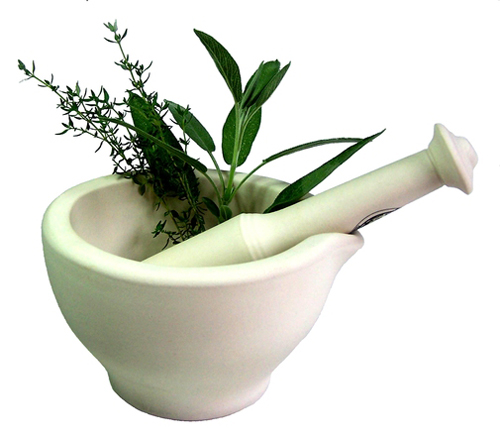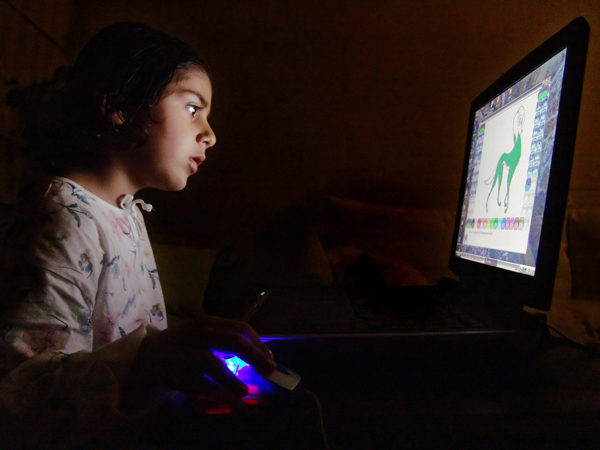Life as a Motherless Daughter - Seattle Group
Posted on May 29, 2020
“…Too soon, too sudden, the wrenching apart, that woman’s heartbeat heard ever after from a distance, the loss of that ground-note echoing whenever we are happy, or in despair.” --from Transcendental Etude, by Adrienne Rich
 The wrenching apart, the loss of the ground-note, the loss of a mother, echoes throughout a woman’s life. She feels it again with every year, every change at every stage of her life. When she is establishing her adult identity and life path in her twenties, she has no secure base to return to for a mother’s support and comfort.
The wrenching apart, the loss of the ground-note, the loss of a mother, echoes throughout a woman’s life. She feels it again with every year, every change at every stage of her life. When she is establishing her adult identity and life path in her twenties, she has no secure base to return to for a mother’s support and comfort.
When she is marrying and starting a family in her thirties she has no guide. As she approaches mid-life, she has no “wise woman” to show her the path to fulfillment and wisdom. The mother-daughter relationship is like no other. With the death of her mother, she has lost her caregiver, her guide to all things female, and in some cases a loving companion. She is a motherless daughter.
In her groundbreaking book, Motherless Daughters--a Legacy of Loss, author Hope Edelman discusses the many factors that contribute to the influence the legacy of a mother’s death. If the daughter is younger than six years of age at the time of her mother’s death she will struggle with feelings of confusion, and abandonment. She will have difficulty establishing trust in relationships. Love is rife with risk for a motherless child and will continue to be so as she matures. A daughter who loses her mother during late childhood (ages 6-12) is mentally and emotionally mature enough to experience profound loss. She will need to learn to ward off sad feelings. She will be inclined to “magical thinking” about her mother and will likely idealize her. As a woman, she will never be able to live up to this idealized version of her mother and will be very critical of herself.
Loss of a mother during teen years denies the chance for redemption, the healing “talk on the porch swing” as seen in the movie, “Divine Secrets of the Ya Ya Sisterhood.” In a normal life cycle, girls struggle against their mother’s holding them close to break away and become an independent individual. Daughters often do this through conflict. However, if the mother dies during this time, the memories of a loving relationship of many years may be reduced to the most memorable fights. There is no chance to say, “I’m sorry, I didn’t mean those things I said. I really loved you.”
Some people think that a daughter doesn’t need a mother in her twenties because she is an adult. Not so. As young women are taking their first steps into adulthood they are much like toddlers exploring the world and they still need their mothers to catch them or to run back to when the world is too scary. Mothers can provide reassurance and a home base for feeling security and developing the self-confidence necessary for a successful launch into adulthood.
As women marry and begin families, they miss their mothers acutely. Even when they have supportive partners, they have lots of questions about the intimate nature of pregnancy and birth, and about being a mother. They also realize in the most profound way how much their mother loved them and the full scope of their loss. They grieve the loss of family history, of stories and a grandmother for their child. They are motherless mothers.
A woman who has her mother up to mid-life and loses her to death grieves the loss of a loving companion. This is supposed to be the time when all of the conflicts are resolved, a woman has her own family established and she can enjoy her mother as a unique and wonderful companion in her life. As the woman progresses through menopause and into her own golden years, that relationship can also provide guidance. Women at this stage can value the life experience and companionship of a “wise woman” and mourn that loss when their mother dies.
Birth order affects how a woman reacts to the loss of her mother. For the first daughter, it means assuming responsibility too soon and feelings of disconnection to her childhood. She will likely become the family historian and, of the children, she is least afraid of losing her other parent.
A middle daughter feels confused and torn between being an older sister and a younger sister. She may feel overlooked and excluded and will likely leave the family first.
The youngest daughter is frequently shielded from the facts of the mother’s death and may feel confused. She is frequently angry about having the least amount of time in an intact family and is likely to have the hardest time with holidays and family traditions. For her, the song, "I feel like a motherless child," has a special poignancy.
Gather two or three motherless daughters around and they will relate how anxious they are as they approach the age their mother died. For some women this anxiety can be acute and disabling. Probe deeper and many of them will tell of trying to fill the “big void” in their life, the “hole in their heart” that won’t heal. Some women try and fill the void with binge eating, some with substance abuse. Other women look to relationships to fill the void but it is not the same. During these times what motherless daughters want most is for their mother to calm them, reassure them, be the safe port in the storm. But, she is not there.
Holidays are among the most difficult times for motherless daughters. Mothers are generally the hub around which all festive traditions revolve. Christmas, Hanukah, etc. are never the same if they survive a mother’s death at all. Then there are birthdays, the day mothers wax nostalgic about the day their daughter was born and buy them something really special. A birthday card from your aunt just isn’t the same.
Mother’s Day is the worst--to be motherless on Mothers' Day. Each Spring, motherless daughters are surrounded by reminders of how special the mother-daughter relationship is. There are books of mother-daughter quotes and daughters write poems to their mothers. The teacher tells the motherless daughter to give their daughter's Mother’s Day poem to their aunt or grandmother. It is just one more painful reminder that they don’t have a mother anymore.
Fortunately with losses come gifts. Hope Edelman describes motherless daughters as having their own gifts. Motherless daughters are less likely to feel bound by sex role stereotypes and have the courage to “journey alone.” Motherless daughters are frequently creative in their need to stay busy and use their time to create meaning in their lives. Living beyond that age that mother died is “living dangerously” and motherless daughters feel driven to make the most of that time. Many of the most celebrated and driven women of our time are motherless daughters.
So how does a woman move on and reclaim her life?
The key is to resolve the “mother identity / mother fear” connection by learning who her mother really was and learning to look at her in a new light--adult woman to adult woman. She needs to acknowledge those personal traits of hers which were like her mothers, but come to understand how she and her mother were different and likely have different life paths. When a woman can accomplish that she can honor her mother’s legacy, accept the gifts of “other mothers” in her life, and live life as a unique woman who is strong, creative, compassionate and whole.
Many motherless daughters find healing and solace in the company of other motherless daughters. Gathering together, motherless daughters can share with each other the grief, anger, emptiness and other feelings that they experienced. Just knowing that every woman present in the group has lost her mother makes it safer and easier to let go of feelings that have often never been expressed. Or it may be that listening to the stories of other motherless daughters suddenly brings about a new awareness--a new insight.
Paige Tangney, of Ground Note Counseling, Seattle, Washington is a certified school psychologist and Licensed Mental Health Counselor Associate in Seattle, King County, Washington State.
This document is Copyrighted© 2005 by Counseling Seattle LLC, and may not be reproduced, in whole or in part without crediting the author, title, source and site name. All rights reserved.
SEE ALSO:
More Mental Health Articles
Sexual Bias Articles
Race Relations Articles
How Drugs and Alcohol Affect the Brain and Body
WA. Counselor Directory: find a therapist near you
How helpful is this web page to you?
(and how can we can improve this page for you?)
not helpful
very helpful
Other Articles
ADD Adults and Executive Function In Everyday Life:
Symptoms, Diagnosis and Treatment
ADD Adults and Executive Function In Everyday Life: Symptoms, Diagnosis and Treatment Research on Adult ADD [Adult Attention Deficit Disorder] is increasingly stressing "impai... read more
Childhood ADHD
the viewpoint of the naturopathic practitioner
It is important that children are successful in both learning new skills and in getting along with their peers in order to build healthy self-esteem. Each of these tasks can be quite challenging for children... read more
Therapy During a Pandemic
Webmaster comment: A few weeks ago, I had trouble sleeping. With the stay-at-home orders from governors and the president, and the social-distancing movement saying to stay 6 feet apart, to... read more
Minding Your Children's Digital Diet
The front page headline of The Seattle Times from October 21, 2016 read, “New Guidelines tell parents: Mind your kid’s digital diet.” The article quotes findings and suggestions put o... read more




